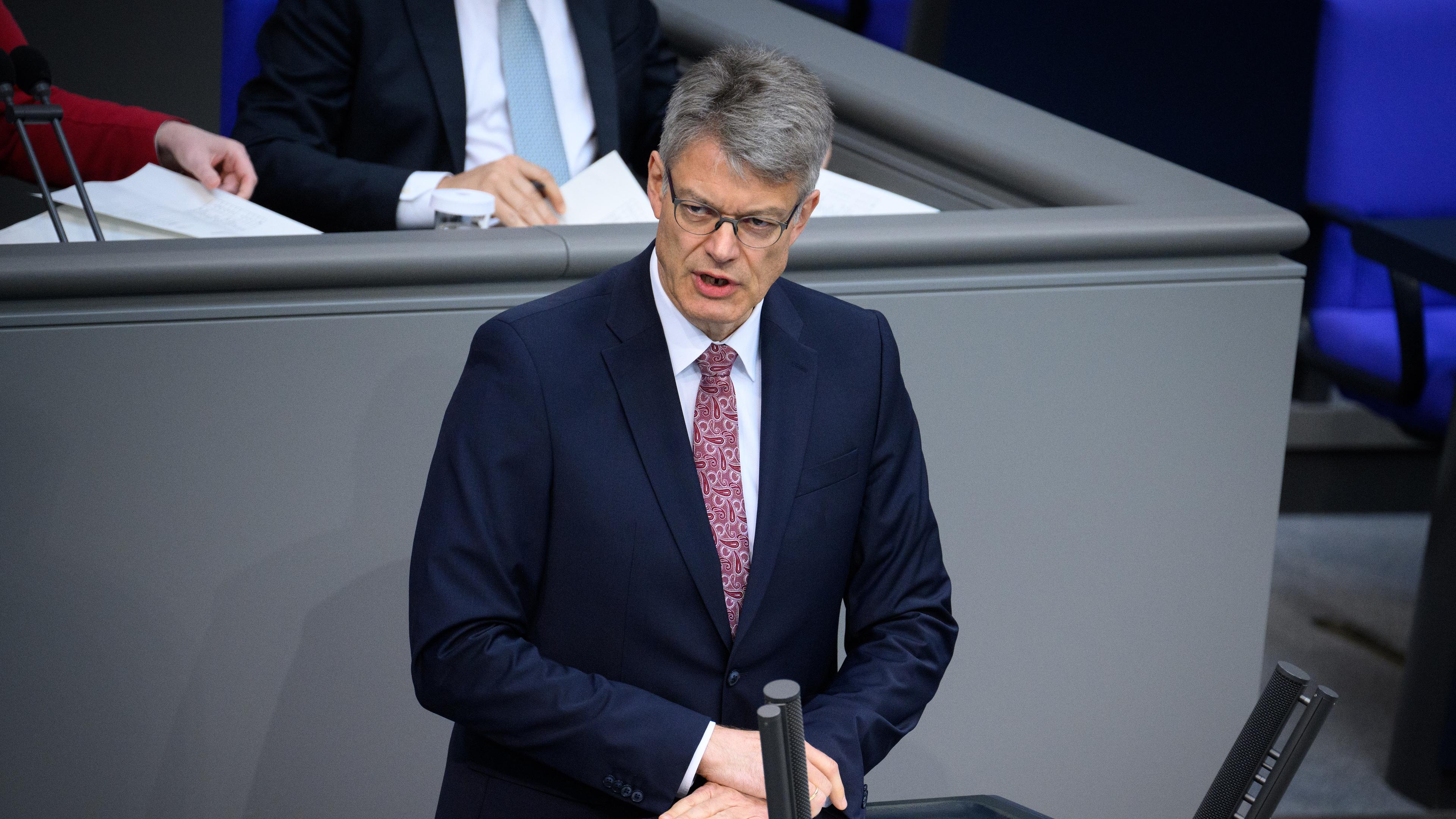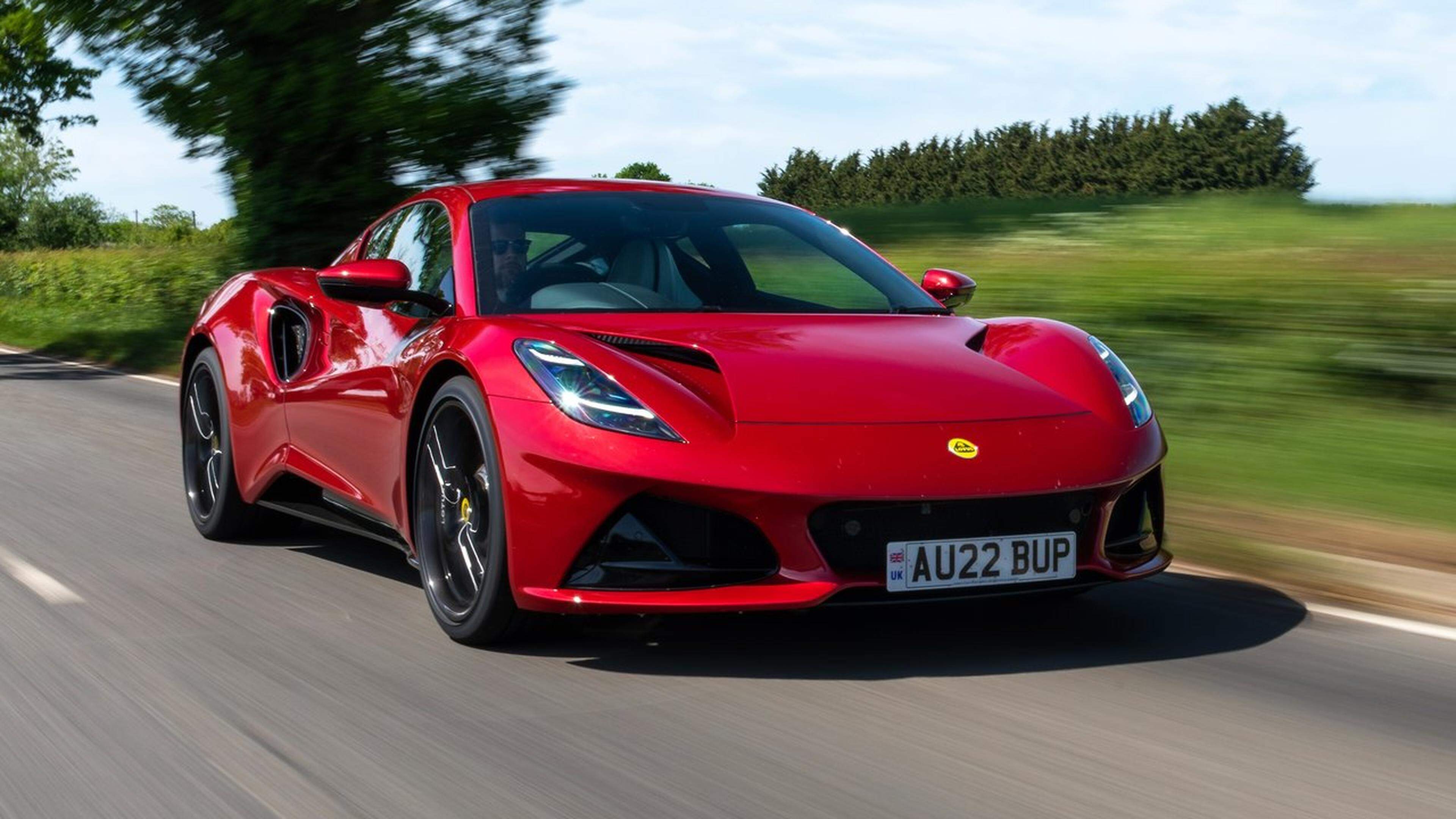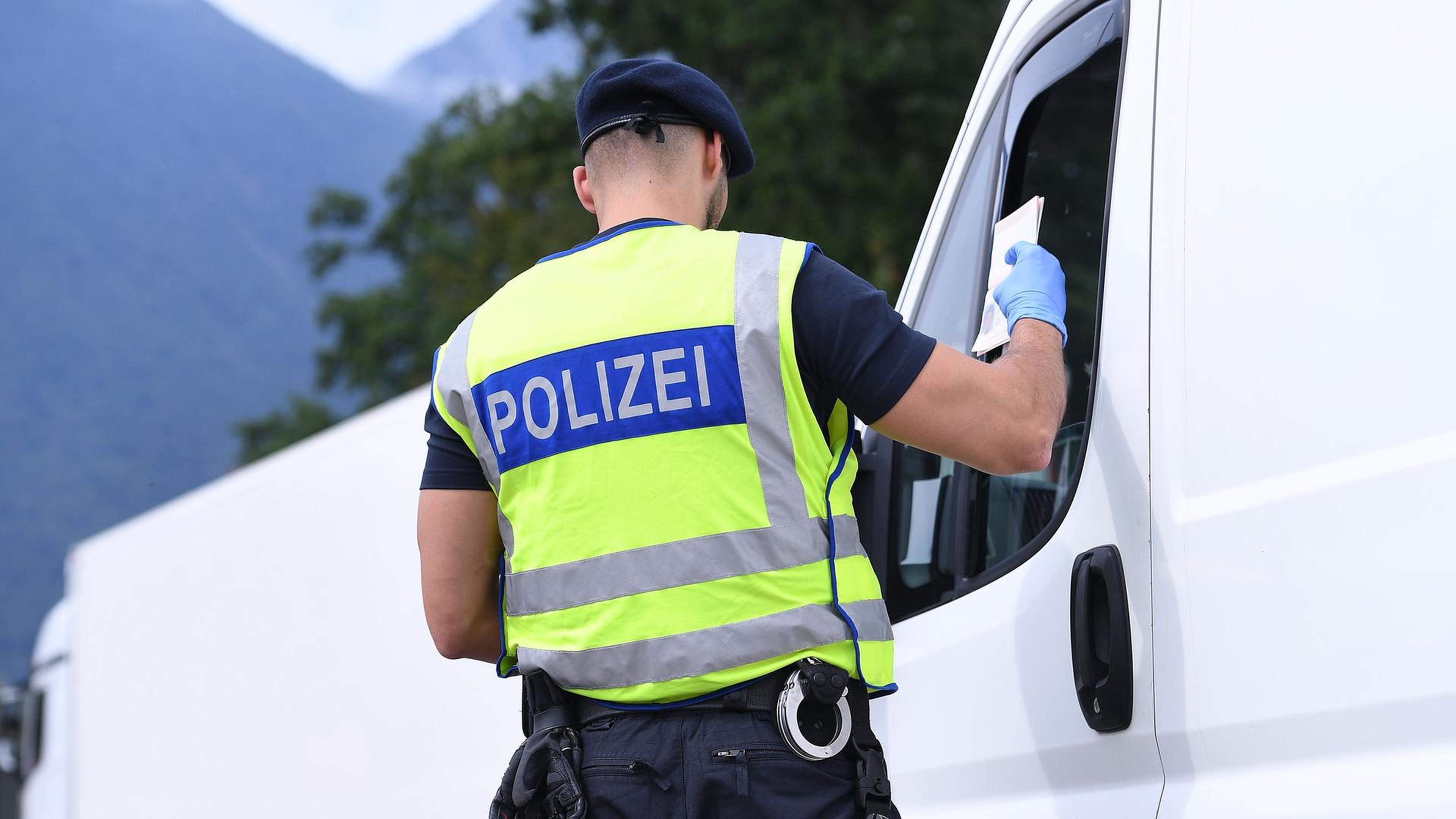Patrick Schnieder will be the new Federal Ministry of Transport

Eight days before the planned chancellor election on May 6, party leader Merz presented his tableau of the CDU ministers. Among them is a name that only a few had on the screen before: the Rhineland-Palatinate CDU member of the Bundestag Patrick Schnieder is to become the new Federal Minister of Transport.
The 56-year-old follows Volker Wissing (non-party, formerly FDP) from Rhineland-Palatinate, who will be given the leadership of the ministry at the latest with the swearing-in of the new government on May 6th.
Whoever loves Schengen has to complain against Germany
Patrick Schnieder knows the border region and its specific concerns very well. From 1999 to 2009 he was the mayor of the Arzfeld community adjacent to Luxembourg. In the 2009 Bundestag election, Schnieder won the mandate for the Bundestag; He has been a parliamentary managing director of the CDU parliamentary group since 2018. In the early elections in February 2025, he defended his seat confidently with 40.2 percent of the vote. He is also head of the Benelux parliamentarian group.
Luxembourg is a European capital, we must not misjudge that.
Patrick Schnieder
CDU member of the Bundestag and the next Federal Minister of Transport
The sometimes difficult situation, especially with regard to German-Luxemburg border traffic, is aware of Schnieder. Germany has to « do a few more homework here, » he told the « Luxembourg word » after the Bundestag election. This also affects train traffic. « The reactivation of the Trier western track is an important signal of cross -border mobility. » Trier and thus Luxembourg must be connected to the long-distance network, specific ICE connections. « Luxembourg is a European capital, we are not allowed to misjudge that, » continued Schnieder.
Pressure on Deutsche Bahn
In its new function, Schnieder can now put themselves in terms of veritable pressure on Deutsche Bahn. « So far, the railway has driven and announced that we are not acceptable, namely only to create distant connections from 2030. That has to go faster. » This is « a very important story for us and for the entire large region ».
What is behind the German border controls?
In addition to rail traffic, a focus – at least in the large region – should also focus on the cross -border road network. There, especially long -term construction sites, border commuters and drivers from Luxembourg. « We have to get faster and better when it comes to permits and implementation. With such construction work, we have to offer everything that is possible, » comments Schnieder who regularly work.
Border controls: « Numbers agree with us »
The excitement theme on this side and beyond the border will probably remain at the border crossings until autumn, even if at least the Checkpoint on the A1 is only built far behind the German-Luxemburg border crossing- even behind the departure to Trier and Bitburg. Nevertheless, in combination with active construction sites, the bottleneck is regularly responsible for long traffic jams in rush hour traffic – but no reason to question the controls for Schnieder.
« As part of the migration, we got to the load limit, more precisely, it has been exceeded. Since this does not work at the European level – that’s why the system is broken – we have to act nationally, also and, above all, for security reasons, » explains Schnieder. The number of uncovered illegal border crossings would « fundamentally agree » to the measures.
However, Luxembourg is « certainly not the point where the masses of irregular migration are strong ». In addition, Schnieder rejects the occasionally appearing designation. « Of course, this is perfect nonsense, » said the future Minister of Transport. A closure is not considered and this is also « wrong ». He himself regularly drive across the border to Luxembourg and back.
Experience in traffic and infrastructure
The lawyer brings pre -experiences in traffic in the area of traffic: from 2009 to 2021 he was a member of the Transport Committee of the German Bundestag.
Really reduce the traffic volume of carpooling?
On the German side, Schnieder repeatedly sets itself for major infrastructural projects such as the Moselle promotion and the « Meulenwald motorway » (direct connection of the A1 to the A64 towards Luxembourg). While the latter did not make it into the « Federal Transport Infrastructure Plan 2030 » (BVWP) from 2016, both Moselle promotion and the gap in the A1 towards Cologne were included in the paper.
The BVWP is the central German traffic control instrument for motorways, federal, rail and waterways, which are geared towards a good decades and a half. It is quite possible that the next BVWP, for which no time frame has yet been determined, will largely wear the manuscript of Schnieder.







